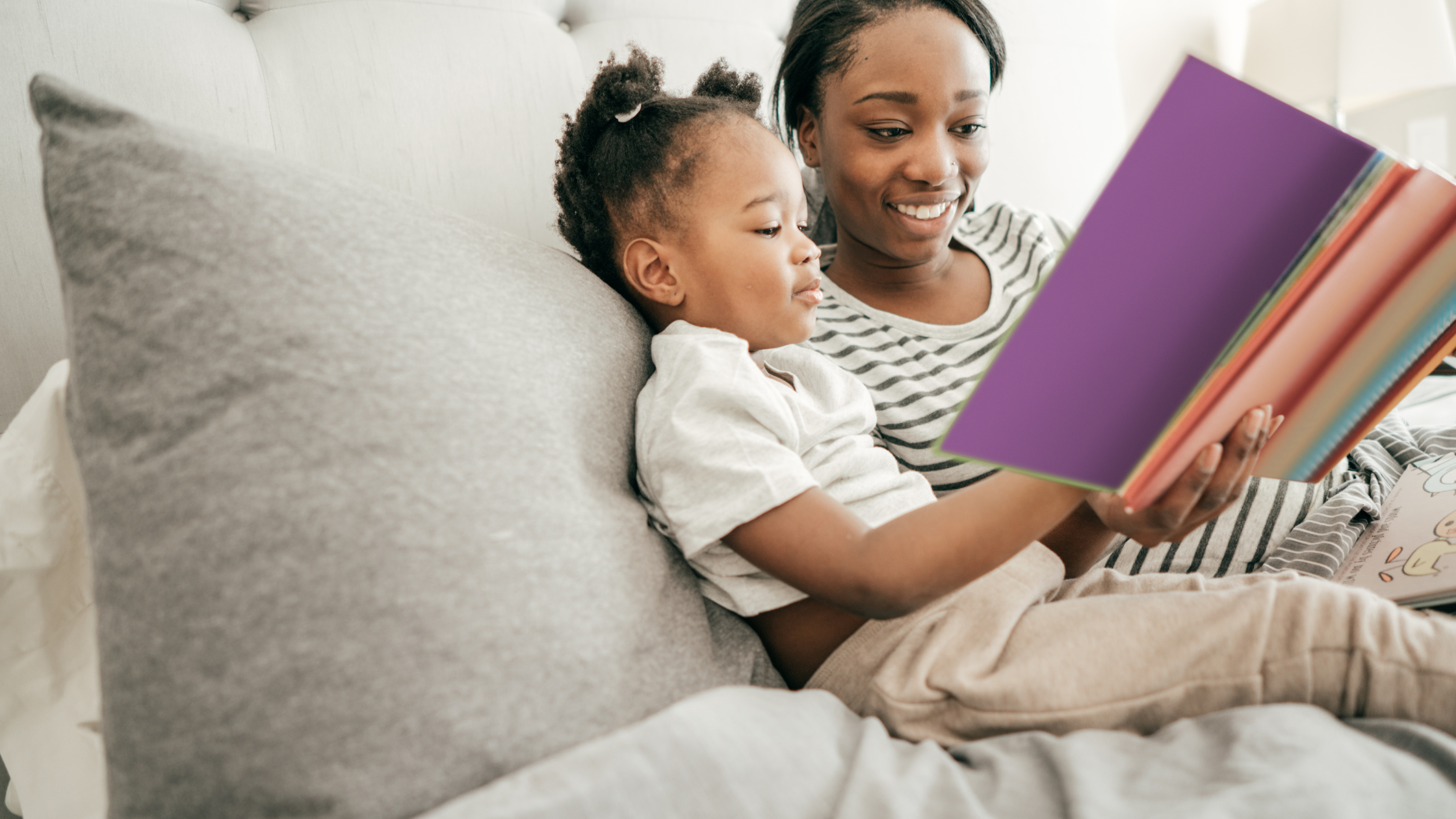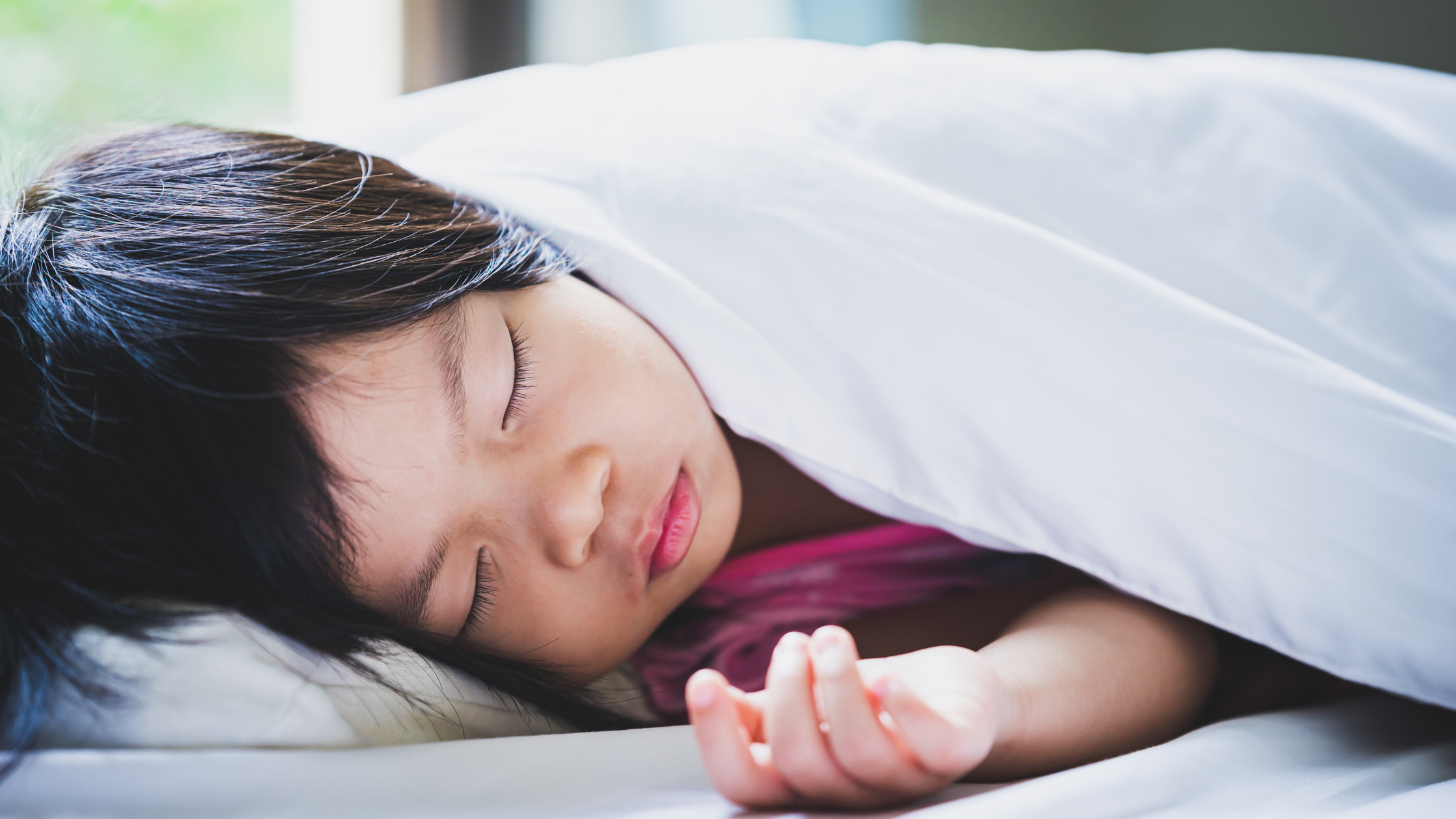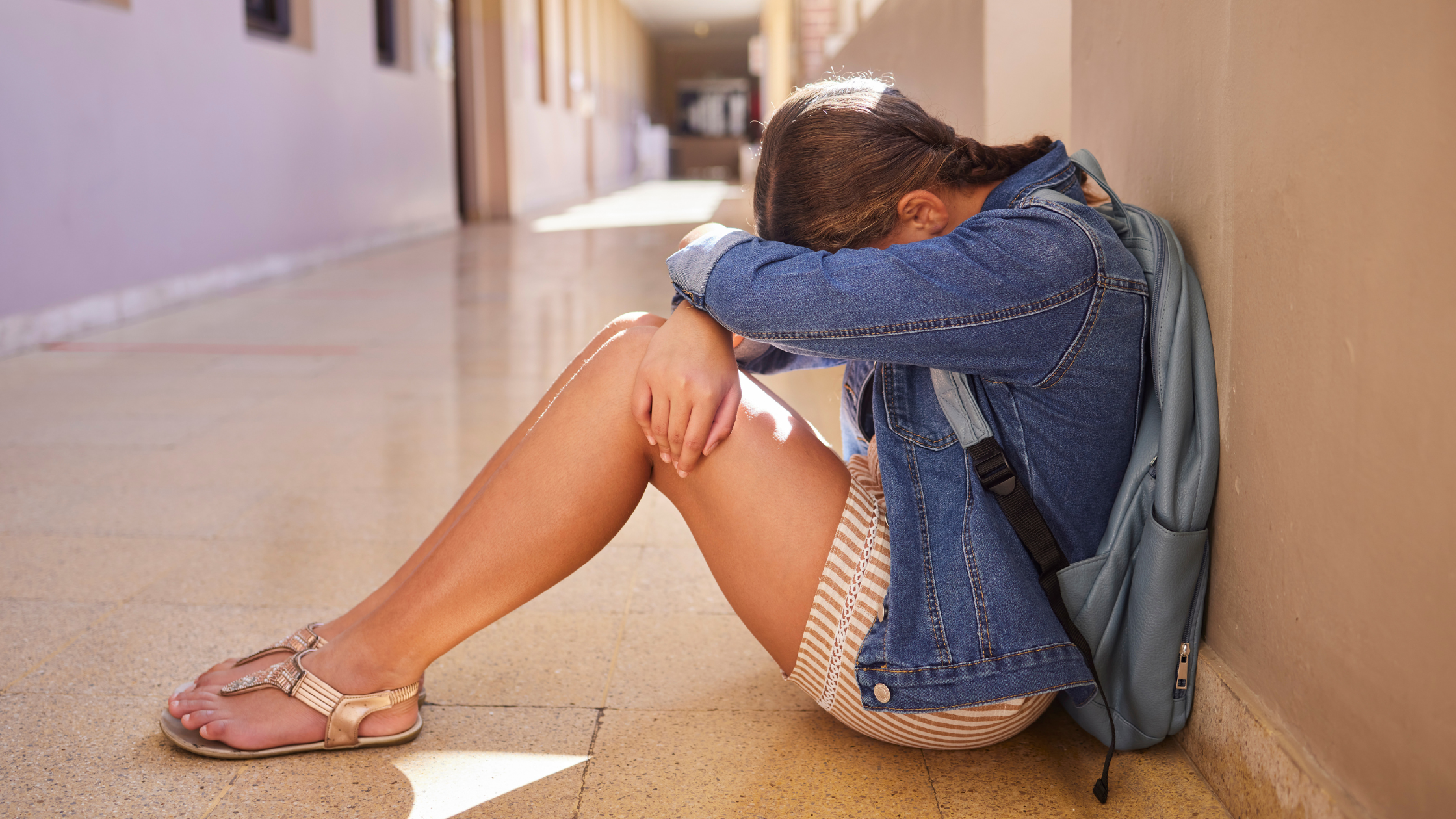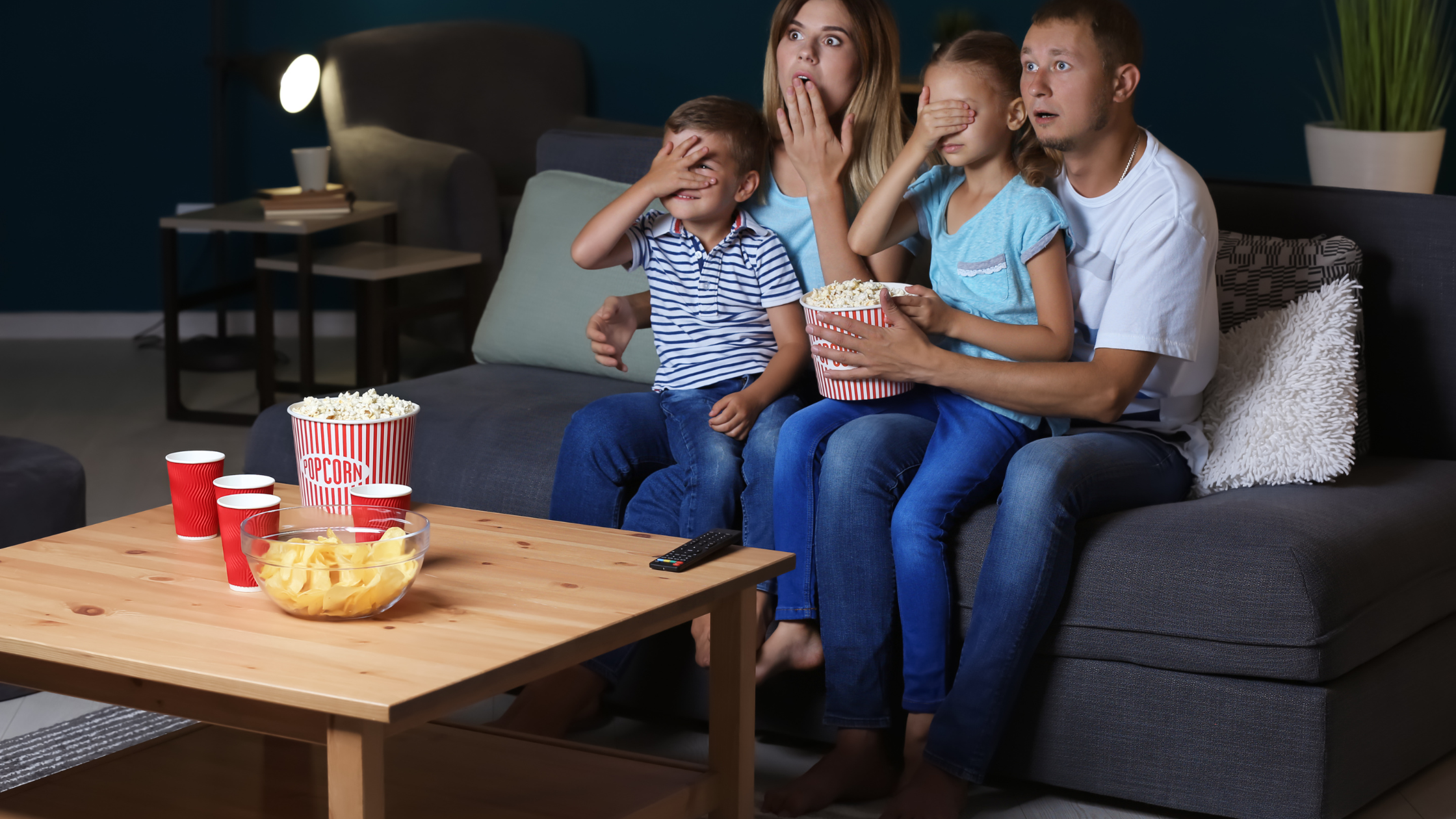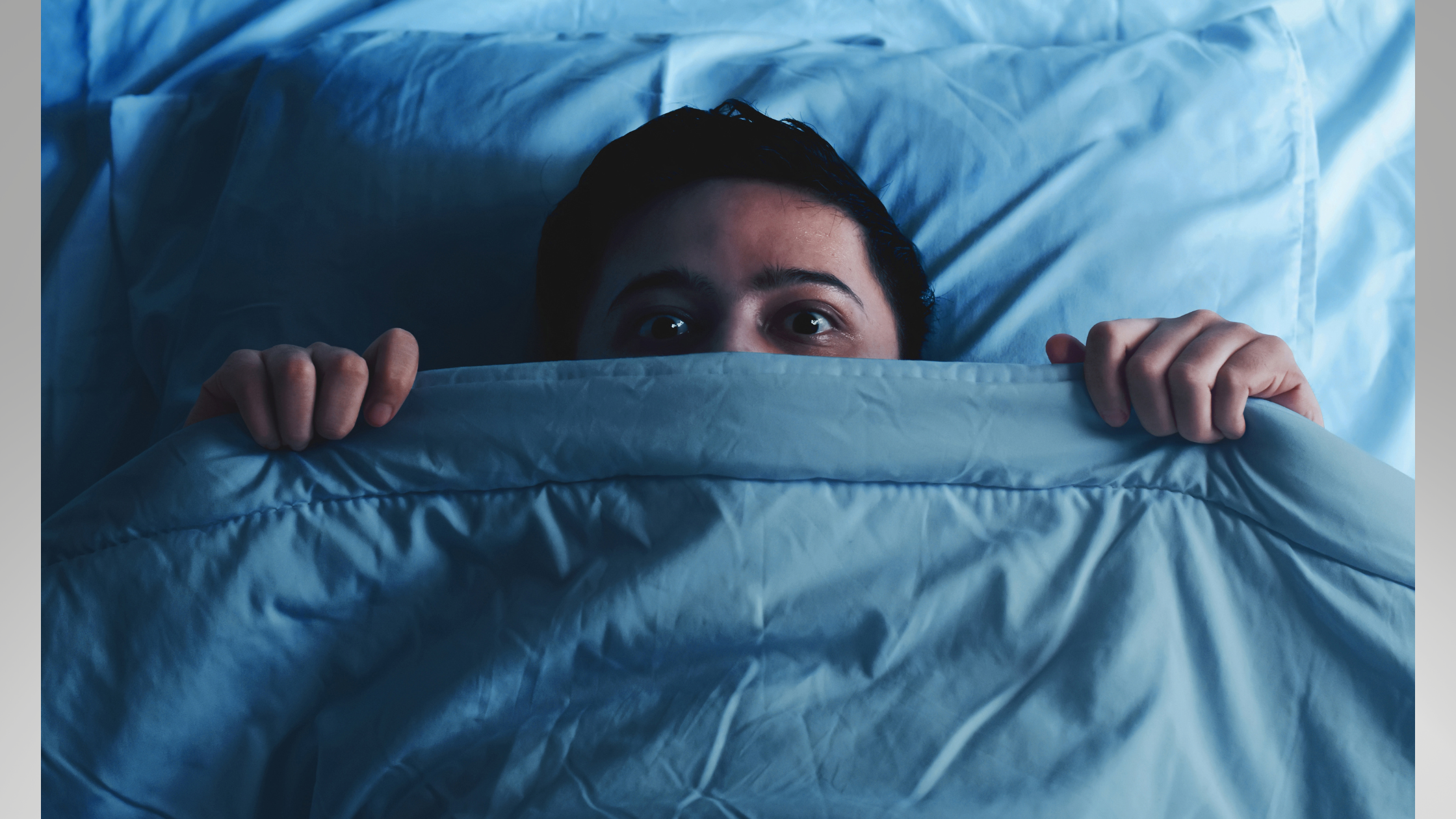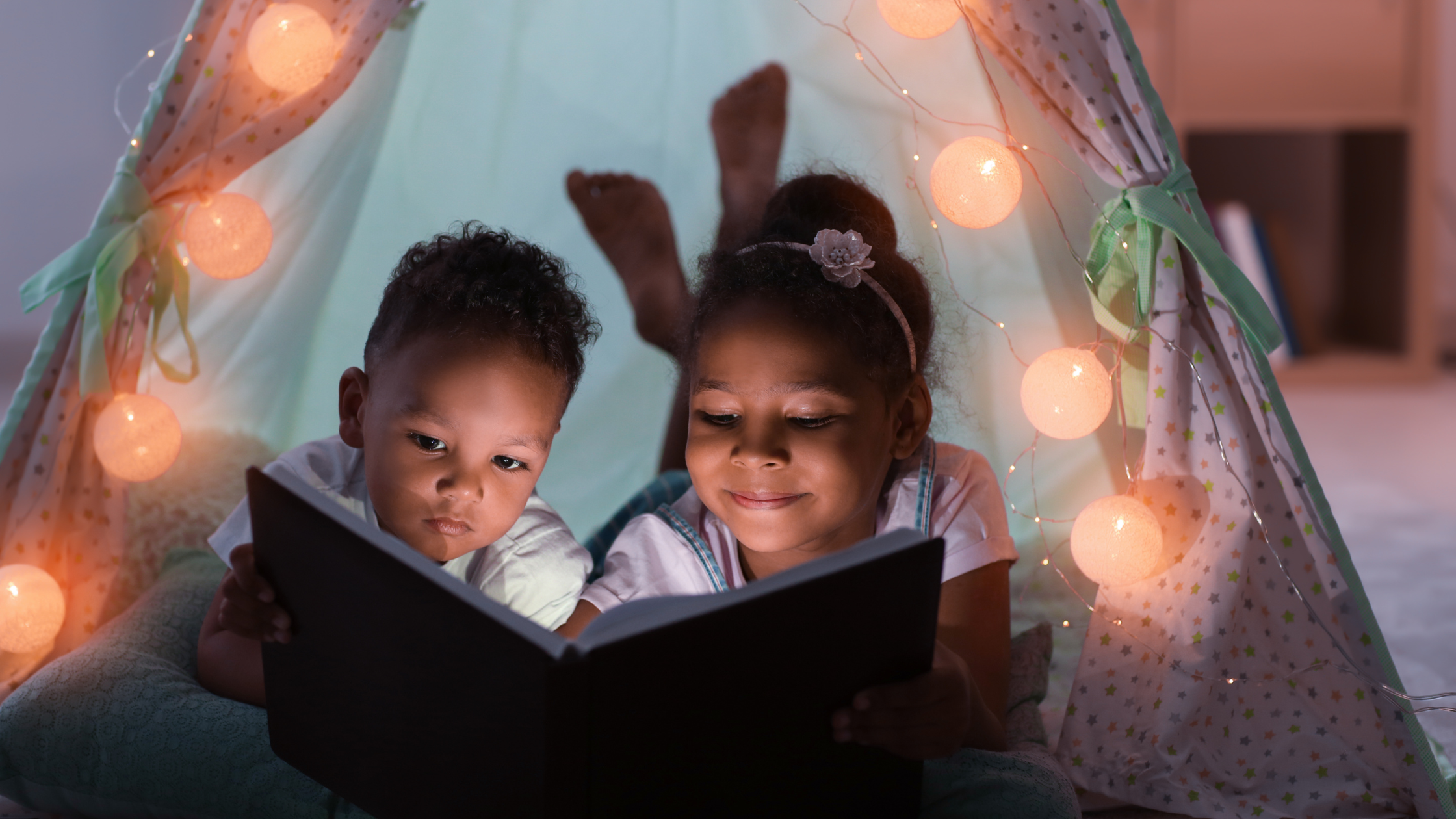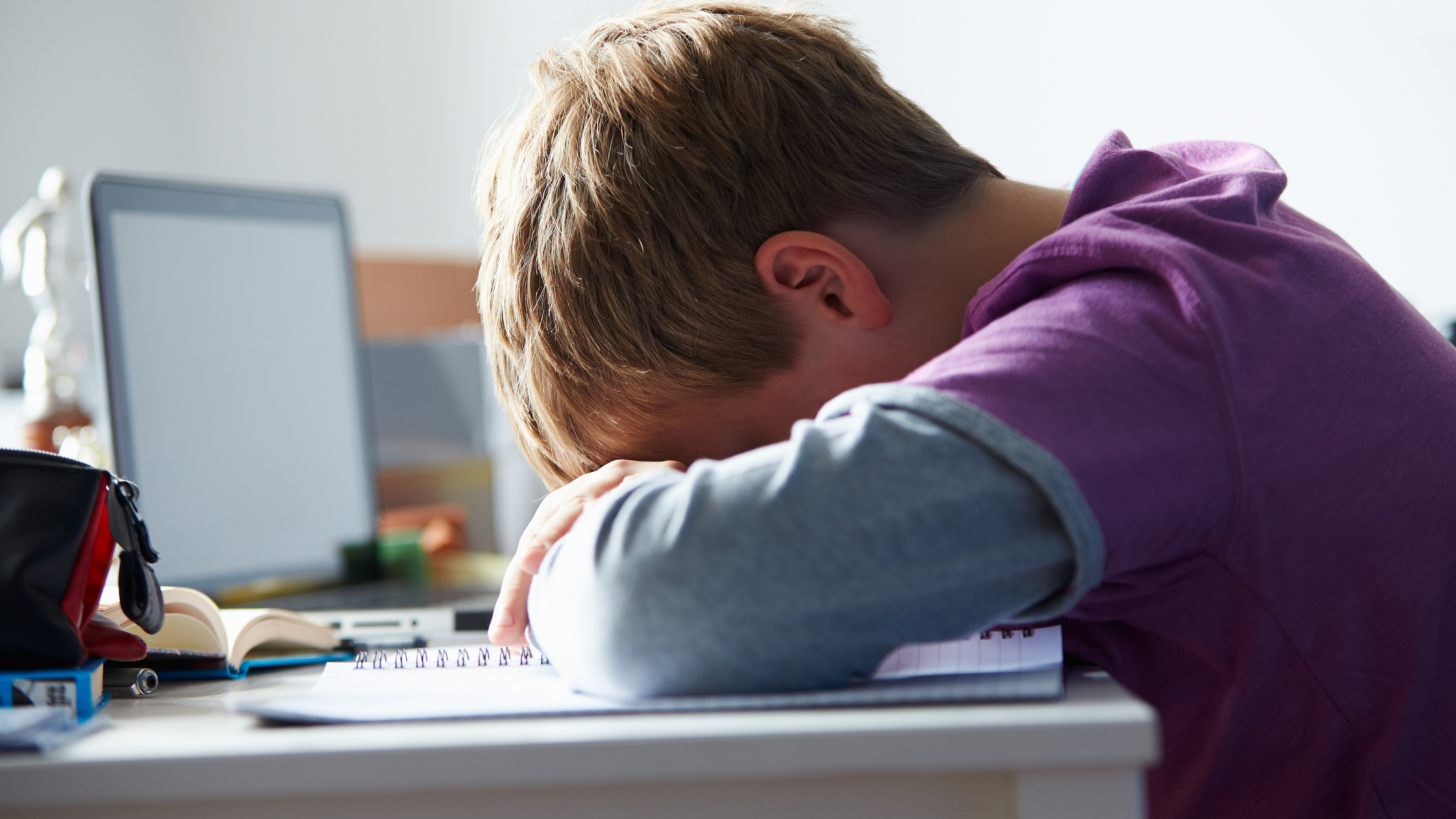Parenthood often feels like a constant juggling act, and establishing a solid sleep schedule for your toddler can be a game-changer. A well-structured sleep routine not only ensures your little one gets the rest they need but also provides you with some much-needed time for self-care and rejuvenation. In this guide, we'll explore the importance of a consistent sleep schedule and offer practical tips on how to set one up for your toddler.
Parenthood is a remarkable journey filled with joy, challenges, and countless learning experiences. One aspect that often occupies the minds of parents is the ever-evolving sleep patterns of their little ones. From the early days of newborn sleep to the toddler years, the sleep journey is a dynamic process that requires patience, understanding, and adaptability.
A Guide to Adjusting Your Child's Sleep Schedule as They Grow
As parents, we're well aware that our children's sleep patterns evolve. From the blissful days of newborn naps to the energetic adventures of toddler bedtime resistance, each stage brings its own set of challenges. Navigating these changes requires a delicate balance of understanding, patience, and consistency. In this guide, we'll explore the importance of age-appropriate sleep schedules and offer practical tips on how to adapt your child's sleep routine as they grow.
Dreaming Through Darkness: Navigating the Link Between Sleep and Depression in Adolescence
Adolescence, a time of transition and self-discovery, can be both exhilarating and challenging. Amidst the hormonal changes and academic pressures, sleep becomes a crucial player in the mental well-being of teenagers. In this blog post, we'll delve into the intricate relationship between sleep and depression in adolescence, exploring how the quality and quantity of sleep can significantly impact the mental health of young minds.
Spooky, Not Scarring: Finding the Right Scary Movies for Children
Scary movies have been a cherished part of our culture for decades, offering thrills, chills, and the occasional scream. However, when it comes to children, we need to tread carefully. While a well-chosen scary movie can be a thrilling experience, the wrong one can lead to nightmares and lasting fears. In this blog post, we'll explore the delicate balance of introducing children to scary movies, discussing age-appropriate options and strategies to ensure they have a spooky, not scarring, time.
The Connection Between Outdoor Play and Kids' Sleep
In today's fast-paced world, where screens and technology dominate many aspects of our lives, it's easy to overlook the simple joys of playing outside. Yet, the link between outdoor play and kids' sleep is a crucial one that has far-reaching implications for child development and well-being. In this blog post, we will explore the numerous benefits of outdoor play for children's sleep, backed by scientific research and expert opinions.
Tips for Keeping Kids in Bed Through the Night: A Parent's Guide
For many parents, getting kids to stay in bed and sleep through the night can be a nightly challenge. Whether you have a toddler who keeps popping out of bed or an older child who wakes up frequently, establishing healthy sleep habits is essential for everyone's well-being. In this blog post, we'll explore effective strategies to encourage kids to stay in bed and enjoy restful nights.
For many children, fear of the dark is a common and understandable concern. The unknown shadows and mysterious sounds that accompany nighttime can be unsettling, leading to anxiety and difficulty falling asleep. As parents and caregivers, there are several strategies and approaches we can employ to support and comfort children who are afraid of the dark. Let's explore some practical tips to help manage this fear and create a peaceful bedtime routine for your little one.
Sleep Hygiene for Children: Establishing Healthy Sleep Habits from an Early Age
Sleep is a vital component of a child's overall health and well-being. As parents, one of the most important gifts we can give our children is a foundation of healthy sleep habits. By establishing proper sleep hygiene from an early age, we can promote better sleep quality, enhance cognitive development, and support their physical and emotional growth. In this blog, we will explore the importance of sleep hygiene for children and provide practical tips for establishing healthy sleep habits.
What You Need to Know about Sleep Studies in Children
In the realm of childhood development, sleep is a critical component that significantly influences physical health, cognitive abilities, and emotional well-being. Understanding the intricacies of sleep in children involves delving into the fascinating world of sleep studies. This exploration not only sheds light on the importance of quality sleep but also provides valuable insights into optimizing the sleep patterns of our youngest dreamers.

